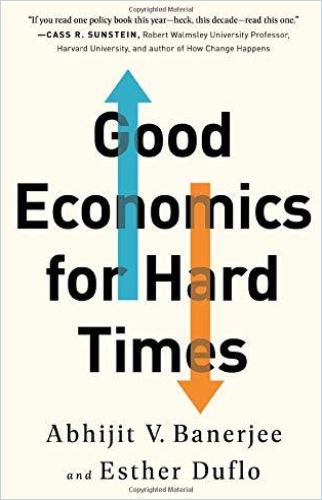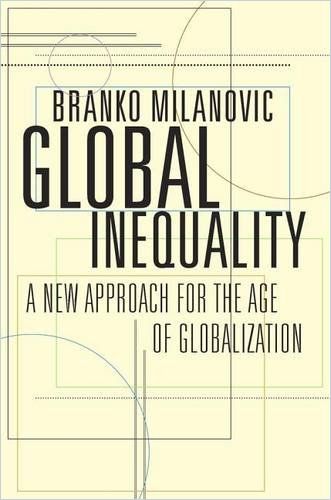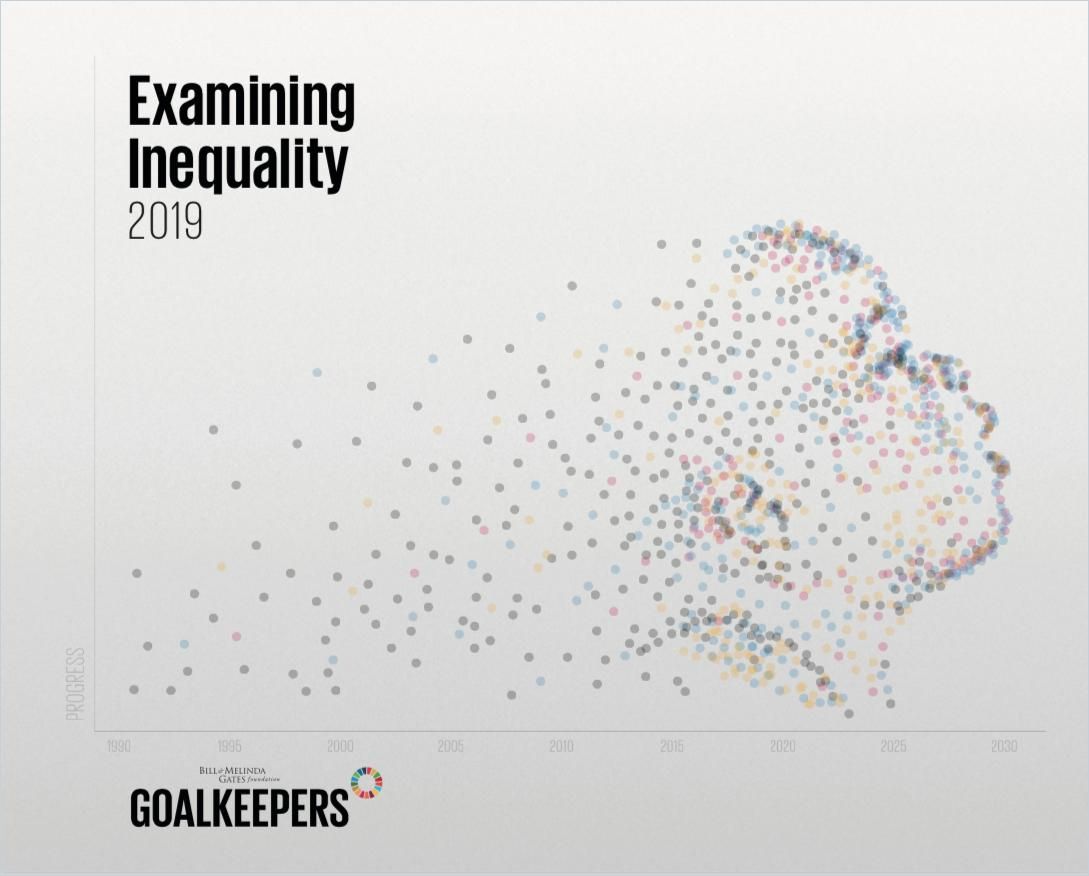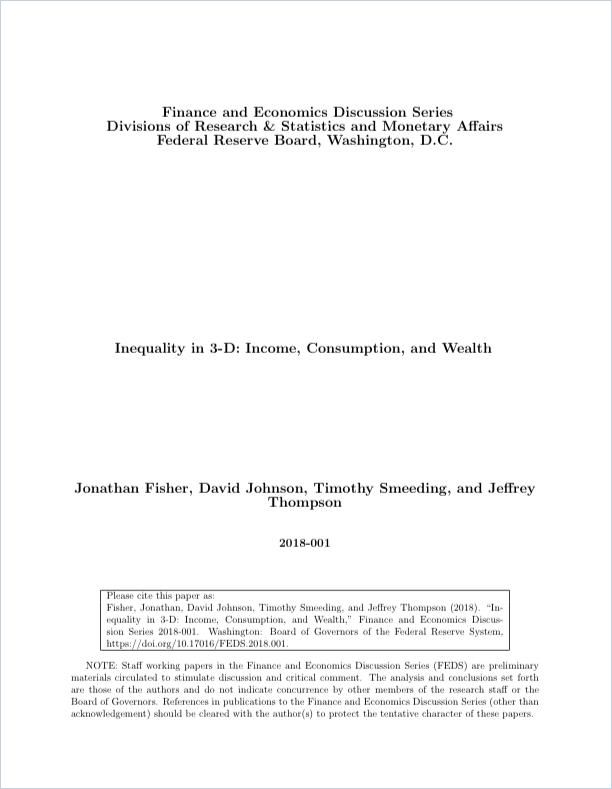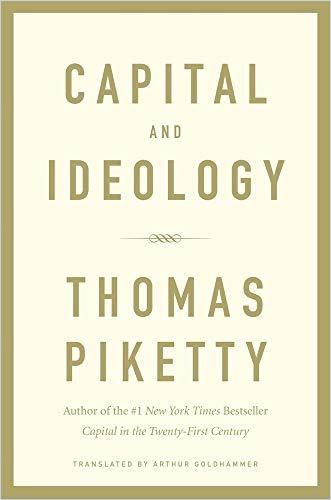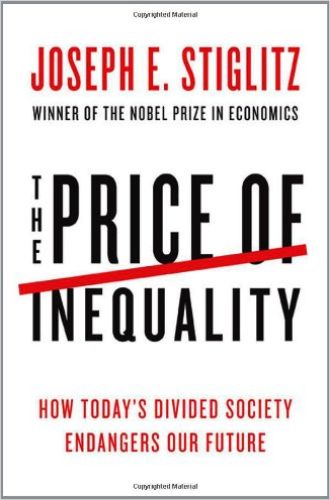“Do Not Pass Go and Do Not Collect $200!”

It was an instant hit. When Henry George, an American political economist, published Progress and Poverty: An Inquiry into the Cause of Industrial Depressions and of Increase of Want with Increase of Wealth: The Remedy (yes, people still enjoyed excessive titles back then) in 1879, he had probably not dared to dream that his first book would find many readers beyond an already interested circle. The opposite was true: Progress and Poverty (let’s skip the subtitle for now) sold several million copies, and, during the 1890s, even exceeded all other books sold in the United States except the Bible. No wonder, George soon toured the United States and elsewhere, gaining acclaim in Europe and particularly in Ireland.
Contemporary sources and historians claim that in the United Kingdom, a vast majority of both socialist and classical liberal activists could trace their ideological development to Henry George. […] Even by 1906, a survey of British parliamentarians revealed that the American author’s writing was more popular than Walter Scott, John Stuart Mill, and William Shakespeare.
Wikipedia
The book became favorite reading for many economists, scientists and intellectuals, including Albert Einstein, Sara Bard Field, Helen Keller, Leo Tolstoy, Bertrand Russell, Aldous Huxley, and Gary Becker. Its 406 pages even influenced anti-monopolist Lizzie Magie so heavily that she started creating a board game which she hoped would explain the theory and findings of its author.
It was intended as an educational tool to illustrate the negative aspects of concentrating land in private monopolies. She took out a patent in 1904. Her game, The Landlord’s Game, was self-published, beginning in 1906.
Wikipedia
Today, every child knows its successor: Monopoly. But how is it possible that you have never heard of the underlying book and its author before?
To make a long story short: Because George’s theme – that poverty continues to exist when continued progress and increasing prosperity over dozens of years should actually have the opposite effect – is a politically charged one. And because his proposals for solving the problem even overshadow this explosive issue. Find out for yourself:
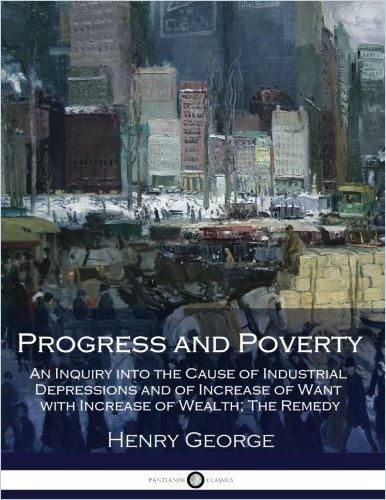
We dare to make a prediction: This classic will soon experience a renaissance. And not only because it is so damn well written.
Next Steps
Take a look at the following list of current bestsellers on the topic of inequality – because some of them are not too far from Henry George’s ideas when it comes to solving one of the biggest problems of the 21st century.
